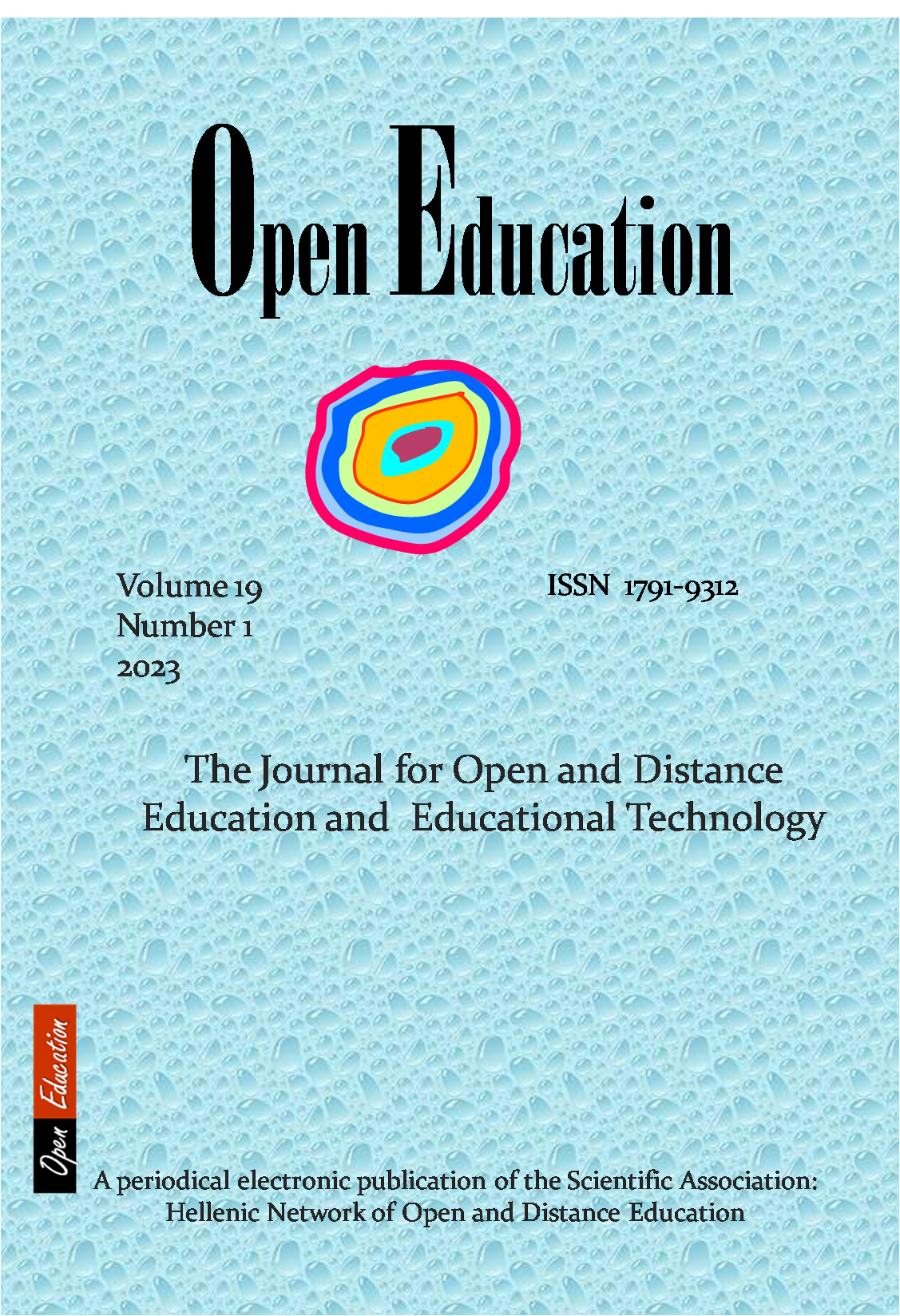GDPR and education: an approach for e-learning in Greek schools
Abstract
The GDPR was put into action in May 2018. It outlines key principles that must be followed for any entity that is collecting personal data related to peopleresidingin the EU (Duncan & Joyner, 2021). Amongst the entities thathave to comply with the new Regulation are schools. This paper focuses on primary and secondary education‧ it covers a range of controversial issues and aims to provide an overview of a schools’ obligations and responsibilities vis a vis GDPR. It determines major definitions in terms of school reality, enlightens basic blur points, and stipulates what schools as Data Controllers must do. Moreover, the special case of distance learning amidst the Covid-19 pandemic is thoroughly analyzed. Due to rush transition to e-learning platforms plenty GDPR issues occurred and they are presented in this paper. Finally, a couple of possible, mainly technical, solutions are proposed to the difficulties that might emerge in the effort to build a strong GDPR school environment. The importance of GDPR compliance isapparent and indicated in every chapter.
Article Details
- Come citare
-
- Sezione
- Άρθρα

Questo lavoro è fornito con la licenza Creative Commons Attribuzione - Non commerciale - Condividi allo stesso modo 4.0 Internazionale.
Οι συγγραφείς των άρθρων που δημοσιεύονται στο περιοδικό διατηρούν τα δικαιώματα πνευματικής ιδιοκτησίας επί των άρθρων τους, δίνοντας στο περιοδικό το δικαίωμα της πρώτης δημοσίευσης. Άρθρα που δημοσιεύονται στο περιοδικό διατίθενται με άδεια Creative Commons 4.0 και σύμφωνα με την άδεια μπορούν να χρησιμοποιούνται ελεύθερα, με αναφορά στο/στη συγγραφέα και στην πρώτη δημοσίευση για μη κερδοσκοπικούς σκοπούς και με δικαίωμα τροποποίησης μόνον με παρόμοια διανομή (αν αναμείξετε, τροποποιήσετε, ή δημιουργήσετε πάνω στο υλικό, πρέπει να διανείμετε τις δικές σας συνεισφορές υπό την ίδια άδεια όπως και το πρωτότυπο).


